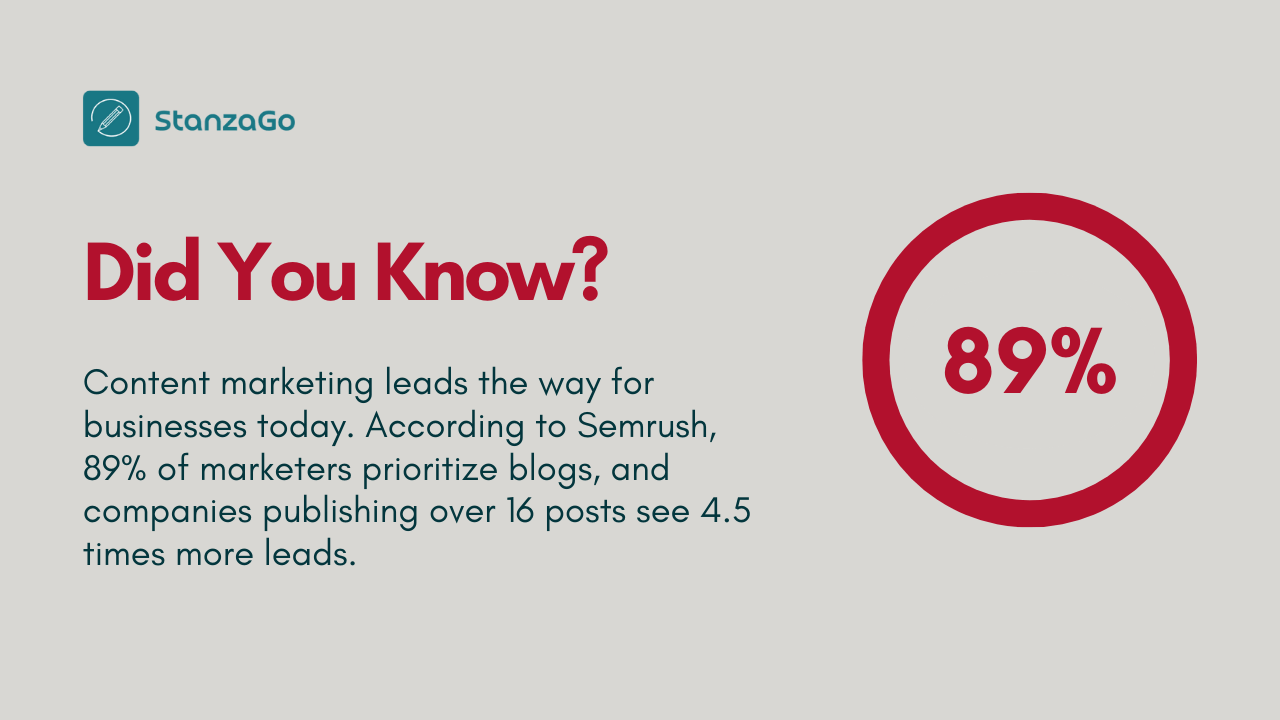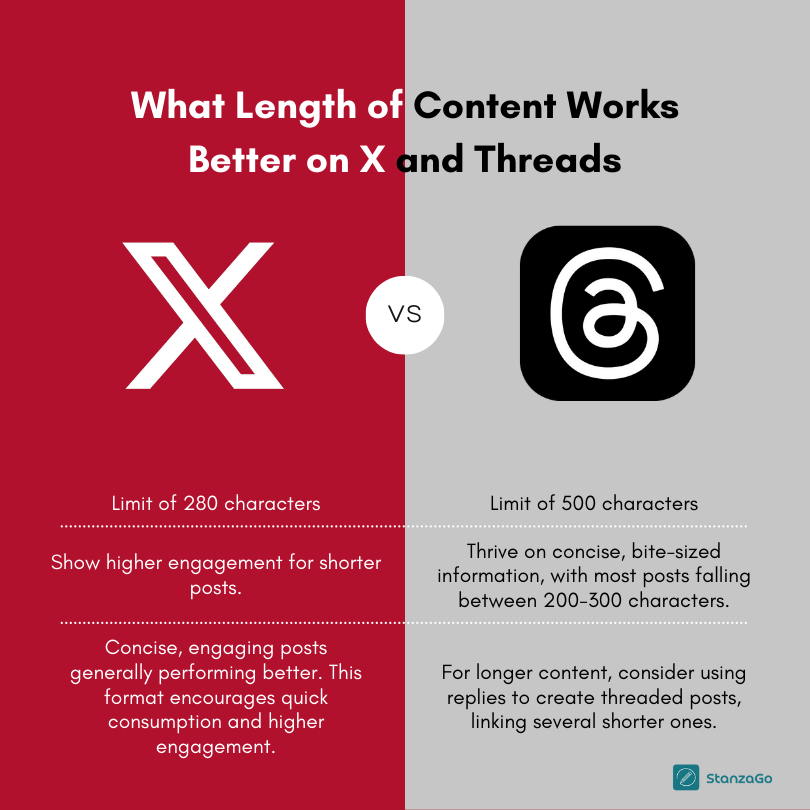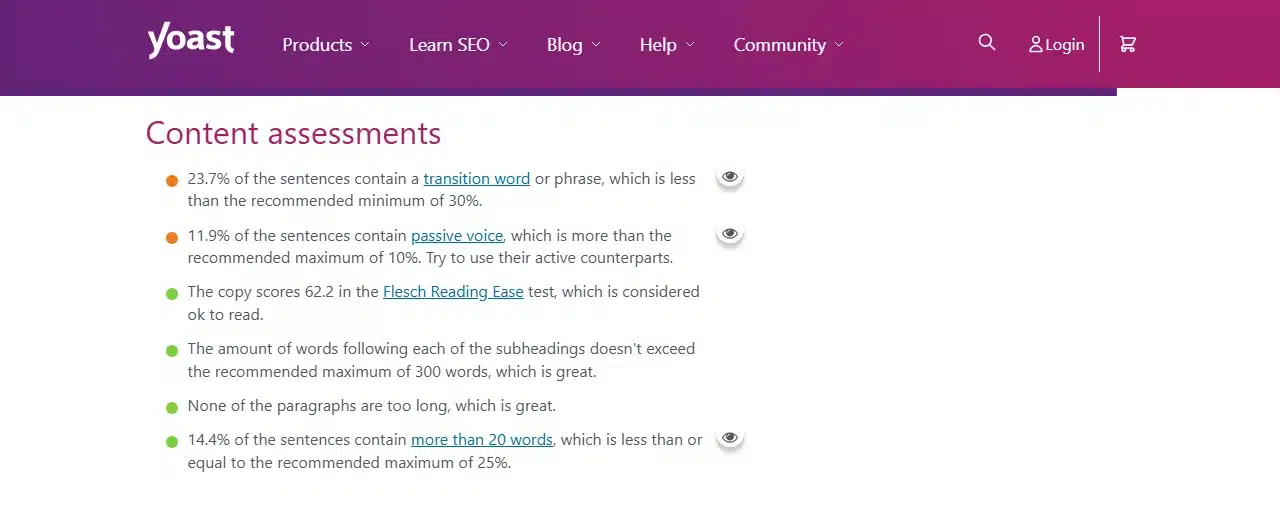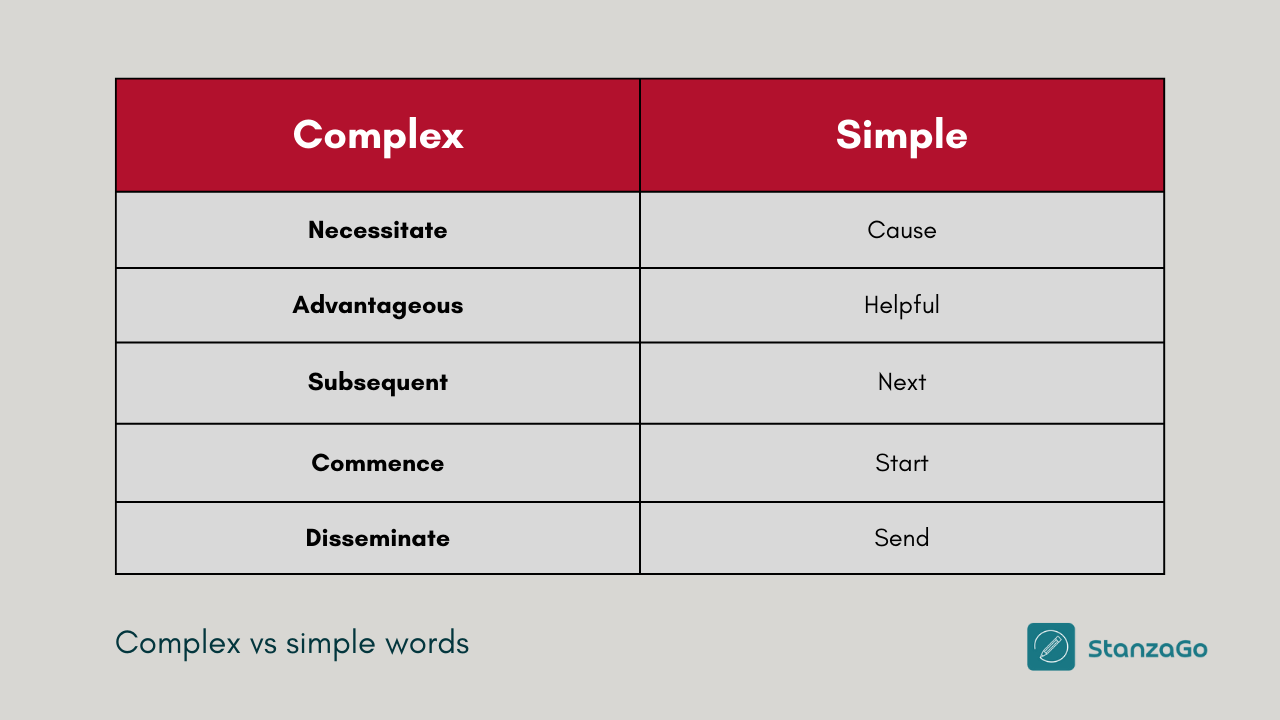In today’s digital era, content is everything, whether you are a businessman, educator, policymaker, or influencer. There is almost no one whose life is not associated with the content.
Let’s say it like this: Content is everything and everything is content.
Everyone is exposed to content from high school to senior citizens, so the argument here is whether one should use simple or complex words or language in content. What makes it more understandable and engaging?
This case study will examine the effectiveness of both complexity and simplicity in terms of reader satisfaction.
As a content writing agency, we want to explain it more deeply and effectively. It is reported that around 73% of content marketers find case studies to be the most authentic and helpful.
So, here we go.
Simple or Complex Words in the Content
The main aim of any content is superficially attracting the attention of readers or customers.
Content marketing is the top strategy of any business today. It was reported by Semrush that 89% of marketers say the blog is their top priority, and those businesses that write more than 16 blogs will likely generate 4.5 times more leads.

But other than these stats, it's not the length of the blog that matters but the words.
Mostly and unconventionally, simple words are preferred over complex words in the content of any kind. It is better to use simple words wherever you can. To back up this, we have different examples where the use of simple words is emphasized.
Use of Simplicity in the Content
Ernest Hemingway
If you read anything written by the world-renowned novelist and journalist Ernest Hemingway, you will always find his prose simple and short. The majority of his work is in active voice and short paragraphs, maintaining clarity.
There were very few instances when he used complex words.
Basically, he was a short storyteller, and to attract the readers, his work revolves around simplicity and clarity of mind. Whether you read his “The Old Man and the Sea,” “A Moveable Feast,” or “Death in the Afternoon”, all these books are written in simple language. Give a read to any one of them.
Anthony William Coviello
Anthony William Coviello a.k.a Medical Medium, is a chronic illness expert and a modern-day writer as well. Most of his books are thick and talk about tough medical talk, especially “Liver Rescue.”
All these books are written in a simple way that someone like you or me, who has zero medical knowledge, can easily read. Not only can you read it, but also you can grasp all the necessary health knowledge very easily.
All thanks to his simple writing style.
If he had somehow filled these books with tough and complex words and other medical terminologies, a non-medical reader could easily lose interest, and the book wouldn’t have reached a larger audience. Which is the main target, right?
X or Threads
Let's move from print medium to some digital mediums.

Let’s talk about X, formally known as Twitter, first. The main thing about the medium is that it conveys the message in a short and concise manner, which requires fewer words. And obviously, these fewer words must be super simple.
If you use complex words in such a short tweet, you won’t be able to convey your message properly. All the tweets that are concise and involve direct language see higher engagement.
The same applies to Threads, too.
Khan Academy
An America-based online educational organization, Khan Academy, is well known among the students.
Being a non-profit organization, it provides quality educational content to every kind of student worldwide. So, the main challenge is the way the complex concepts are taught and presented to students with different mentality levels.
They use straightforward language and simple visual aids to make it understandable for almost everyone, regardless of the language barrier.
Today, they are successful in all age groups, all due to their simplified approach.
Cisco
Cisco is a giant in the IT industry that talks about technical and complex things, from sustainable networks and cloud management to cybersecurity.
When you look at the content created by this company, you won’t say it is written in a complex language. Rather, it is written in a way that a non-technical buff like me can also understand what they really want to say.
The biggest challenge Cisco faced was the complex IT concept, which they broke down into easy bite-sized pieces, making it more readable. And the result of simplification was marvelous. Around 11% of customers found the tone of Cisco more trustworthy, and 12% found it more persuasive. This was a treat for them.
Complexity in Content Is Not Too Bad
But the thing is, a simple style of writing is not ideal in every case. There are certain areas where complex language is necessary to keep it authentic and eloquent.
Just take an example of yourself when you are in a room full of experts; unconsciously, you will find yourself speaking complex words and long sentences as this looks more promising and eloquent.
Similarly, where technical documentation is involved, your friendly tone will automatically shift toward the complex side.
Let’s talk about some examples here:
- If you are writing whitepapers and case studies, you will find people using less friendly and slightly more complex tones.
- Technical blogs and technical documents, help guides, manuals, and product operations require complex content that is tailored to professionals looking for advanced knowledge about the product or service.
- Then, let's talk about academic or research papers and reports that are written in detail with complex content. This content will convey your authority and expertise. They need to have a firm tone to prove they are credible and there is no bluff.
Simplicity vs Complexity in the Content: Who Wins
You must have heard simple words mean dumbing it down, and you stuff your content with complex words to appear more credible, which is just a crazy thing to do.
According to Cognitive Load Theory, our brains are designed to have limited working memory to process information. Using complex words in your content makes it harder to read, and our brains can’t digest much.
Your audience will only spare a few seconds on your content, and to cut through this noise, you need to pitch in simple language. The simpler, the better.
Content can’t work alone for online businesses without proper SEO.
To optimize your content for SEO, it is mandatory to do on-page SEO, which requires optimization of sentence length, use of active voice, readability score, and other such things.
So, the more complex your content seems, the more difficult it is for it to rank. Instead, it is recommended to use active counterparts, shorter sentences, and more than 60 scores on the Flesch Reading Ease test.

Here are some examples of words to show how complexity vs simplicity sounds like:

Imagine using these words in your content that you want to reach a bigger audience globally. Isn’t it so difficult for a person who is not native to understand it?
Complexity and Simplicity - Final Verdict
Aren’t all these arguments enough to prove that make your content simpler and use easy words?
Try using all the words that you think and know are universally known.
Of course, complex words mean more sophistication, but don’t let only this thing be your aim. Never forget your main goal, which is to enhance the readability, engagement, and reader retention of your content.
The more the retention is, the more will be the lead.
Next time you write anything, keep in mind that the simplest words are the most effective. If it's a complex concept, try to simplify it using the best language and tone. Or break down your complex idea into pieces and put it into your own words.
This way, you can never go wrong over deciding simplicity or complexity.





